Musée d’Art et d’Histoire du Judaïsme
Posted on December 8, 2007 by Susie Hollands
The Musée d’art et d’histoire du Judaïsme is the successor to the Musée d’art Juif de Paris, established in 1948 by a private association to pay homage to a culture that had been destroyed by the Holocaust.
The first collections of this museum comprised religious objects handed back in 1951 by the American Jewish Restitution Successor Organisation, commissioned to redistribute Jewish cultural goods looted by the Nazis. Then, on the initiative of the museum’s founder, Léon Frenkiel, a collection of documents on European synagogue architecture was built up.
In the early years, acquisitions consisted mainly of European religious objects and also sought to represent North African Judaism. Then, the museum’s first curator, Marie Chabchay, embarked on building up a narrow but comprehensive collection of graphic works by Russian and German Jewish artists. There followed works by artists from the Paris school, and then, more recently, various gifts.
The other core collection comes from the Musée national du Moyen Âge. This collection, which played a key role in gaining recognition for Jewish art, was built up by Isaac Strauss, a Jew of Alsatian origin, born in Strasbourg in 1806, who moved to Paris in 1827. Appointed by Louis-Philippe to supervise Court balls, then music director of the Vichy spa establishment, he retained these responsibilities under the Second Empire. His villa at Vichy housed a large collection of furniture and works of art. During his travels throughout Europe, he in acquired items of furniture, ceremonial objects and Hebrew manuscripts, building up a pioneering collection of outstanding quality.
The museum holds consistently high-quality shows and exhibitions of a diverse nature.
Musée d’art et d’histoire du Judaïsme
Hôtel de Saint-Aignan
71 rue du Temple, 3rd
Hours: Mon-Fri 11am-6pm, Sun 10am-6pm
Metro: Rambuteau (11), Hôtel de Ville (1, 11)

